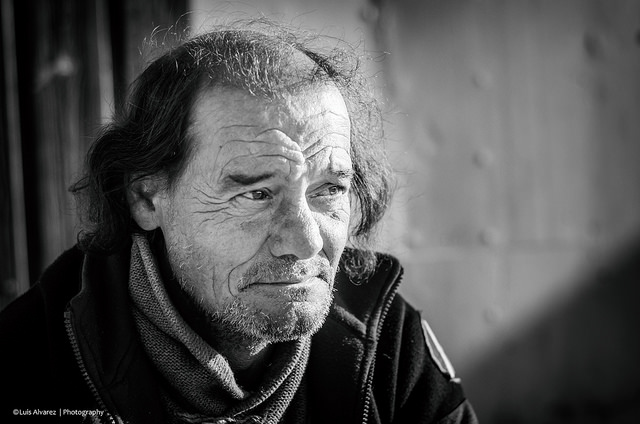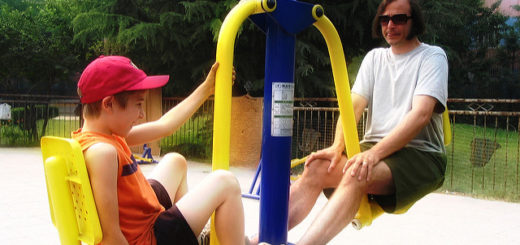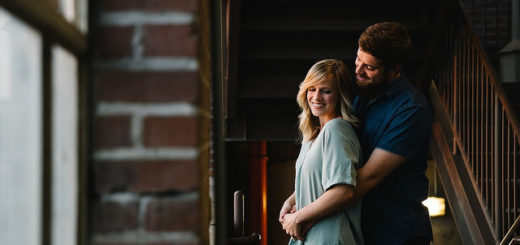How To Cope With Unresolved Complicated Grief
There is no area clearer than how we perceive death that shows our inability to accept the polarities with equanimity. Most of us tend to prefer life over death, joy over sadness, winning over losing. Unresolved complicated grief is related to our inability to accept life and its aspects as it comes . This is because our life as we know it ceases to exist as a new stage wants to emerge through the grief.

Inability to accept death of a loved one or any loss may be a sign that we have been avoiding thinking about death. As a result we might have made choices that negate life out of duty or responsibility.
What Is Death Anyway?
Death occurs when the biological functions of the body cease. Nobody knows for certain what happens after death. Some traditions believe that the we have a part that has no beginning and no end. This anonymous saying reflects this belief:
‘Do not stand at my grave and cry
I am not there.
I did not die.’
Normal Reactions To Grief Following A Loss
Anything that you experience especially in the early stages of grief is normal, including feeling your body does not belong to you, loss of appetite, feeling like you are in a nightmare, or questioning your beliefs about a Creator.
Psychiatrist Elisabeth Kübler-Ross observed how people react to bereavement. She considered the loss of anything or any person significant such as the loss of health, job, divorce, addictions and infertility. She puts it nicely: ‘There is not a typical response to loss, as there is no typical loss. Our grieving is as individual as our lives.’
Here are the common responses we exhibit when we grieve for a loved one:
- Often when we are faced with the death of our loved one a feeling of numbness, and disbelief, an expectation for them to show up can accompany. The reality of loss can be too shocking to recognise. When this happens we simply refuse to admit to what is happening.
- You may feel the need to blame someone including yourself for the injustice that was done to you. Anger is the expression of helplessness. It comes out of frustration of the reality of the loss. You may even be angry with the person who died for leaving you.
- Bargaining is negotiating to avoid the cause of grief, such as ‘I will be doing charitable work if my loved one lives.’
- Sadness occurs when the person is faced with their own possibility of death. Profound sadness is probably the most universally experienced symptom of grief. You may have feelings of emptiness, despair, yearning, or deep loneliness. You may also cry a lot or feel emotionally unstable.
- You could even feel physically ill, aches and pains, feeling weak or nauseated, weight loss or gain might be part of your reactions.
- Facing life without that person can trigger feelings of insecurity due to loneliness and also reminding us of our own mortality as well as new responsibilities.
- Guiltoften accompanies death of a loved one. You may regret about things you did or didn’t say or do. Certain feelings such as relief when the person died after a long, difficult illness can trigger guilt. The questions about our ability to do something to prevent the death often hovers around.
Signs of Complicated or Unresolved Grief
Such psychological defenses are normal, but when they extend over long periods it is important to get professional help.
When the sadness of losing someone becomes constant and severe it interferes with life. If you feel you cannot let go of the person long after their death, unable to focus on your present moment you are likely to be suffering from complicated and unresolved grief. It is like being stuck in an intense state of mourning, with loss of meaning for life.
I have given some pointers to help you grow through your grief in a previous post.
Inability to accept death of a loved one or any loss is a sign that we have been avoiding thinking about death. As a result we might have made choices that negate life out of duty or responsibility. This needs to change.
Of course we grieve for many more things than the loss of loved ones. Some mourn the decline of familiar societies, others the break-up of families. These are just two examples.
When grief gets complicated there are repercussions for the individual as well as for the families. Any of the individual, couple and family therapies would be useful. Sometimes I gather a grief circle to support each other through our grief. Let me know if you are interested in joining in one of my live workshops.
Attribution 2.0 Generic (CC BY 2.0)image:Luis Alvarez Marra




